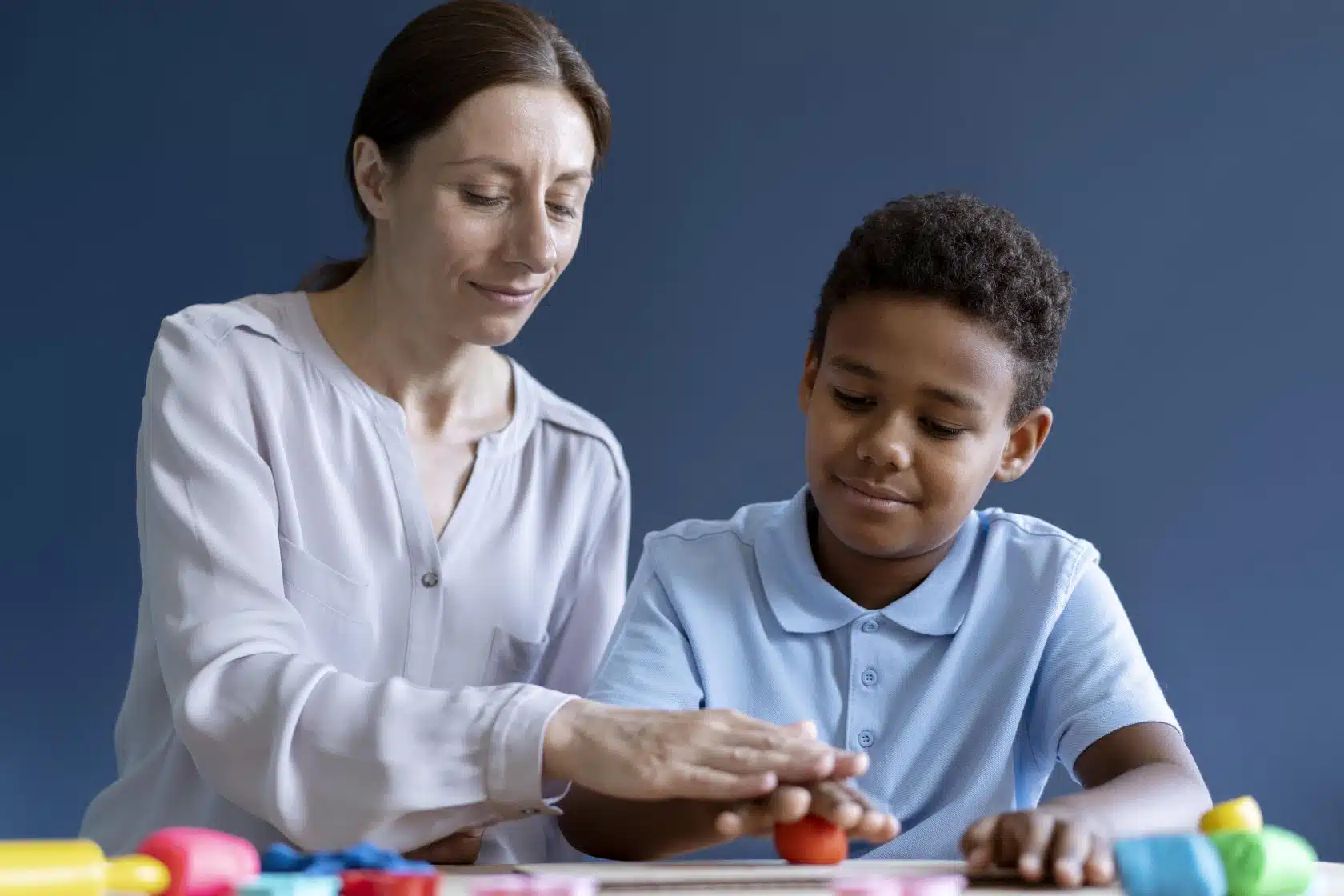Susie is a young girl who has been struggling in school. Her parents notice she’s having a hard time, so they decide to find help:
- Susie’s parents seek the guidance of an American Psychiatric Association-member psychiatrist.
- The psychiatrist uses the DSM to help identify Susie’s challenges, and she is diagnosed with dyslexia.
- Thanks to the APA’s ongoing research and education, Susie’s psychiatrist knows the latest strategies for supporting children with dyslexia.
- Susie begins receiving specialized support and accommodations at school, guided by the APA’s advocacy for better mental health policies.
- Her parents learn about dyslexia through public awareness campaigns supported by the APA, which helps them understand and support Susie.
Susie’s family can access the knowledge and resources they need by seeking help from a mental health professional associated with the American Psychiatric Association. As a result, Susie gets the support she needs to overcome her challenges and thrive at school.
In conclusion, the American Psychiatric Association supports kids with special needs by providing knowledge and resources. In combination with Goally, a tablet offering fun skills-building apps, kids can further enhance their life and language abilities, making daily routines enjoyable and more manageable.














